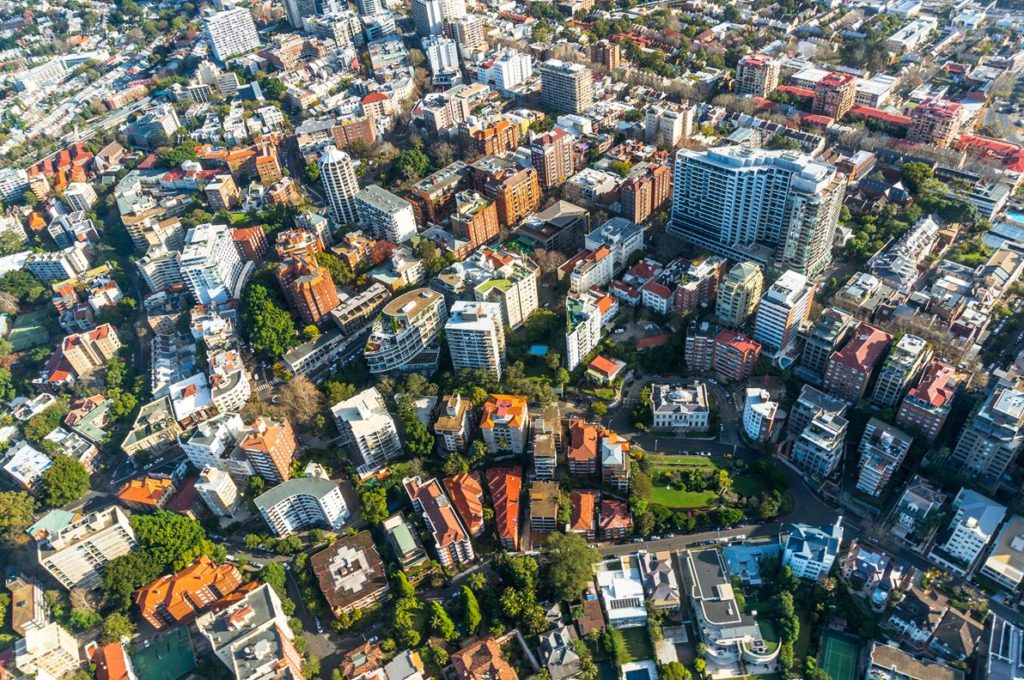 If you own property – or want to own property – here are the key May budget announcements that may have an impact on you:
If you own property – or want to own property – here are the key May budget announcements that may have an impact on you:
The First Home Super Saver Scheme
From 1 July 2017, individuals can make voluntary contributions of up to $15,000 per year and $30,000 in total, to their superannuation account to purchase a first home. These contributions, which are taxed at 15 per cent, along with deemed earnings, can be withdrawn for a deposit. Withdrawals will be taxed at marginal tax rates less a 30 per cent offset and allowed from 1 July 2018.
There are two hurdles to housing affordability. The first is saving a deposit; the second is being able to meet your home loan repayments.
The First Home Super Saver scheme will attempt to make this first hurdle easier to jump, by allowing employees to take advantage of salary sacrifice arrangements and make pre-tax contributions towards a house deposit.
As to how much benefit the Super Saver Scheme will actually provide of course, will depend on an individual’s circumstances and full details of how the scheme will be administered.
Reducing barriers to downsizing in an attempt to boost housing supply
From 1 July 2018, people aged 65 and over will be able to make a non-concessional (post-tax) contribution into their superannuation of up to $300,000 from the proceeds of selling their home. This measure will apply to a principal place of residence held for a minimum of 10 years.
This measure is intended to encourage those living in larger homes to downsize into housing more suitable to their needs. The idea being that as this occurs, larger homes will free up for younger growing families and achieve a more effective use of housing stock.
Personal Income tax measures – specifically related to property investors
If you’re an Australian who own investment property, you will be relieved to hear there are no significant changes proposed to negative gearing or the treatment of capital gains tax. The changes announced are:
From 1 July 2017, the Government will limit plant and equipment depreciation deductions to outlays actually incurred by investors in residential properties.
This means you will only be able to claim for plant & equipment items you purchased, not items that existed in the property when you purchased it.
From 1 July 2017, the Government will disallow deductions for travel expenses related to inspecting, maintaining or collecting rent for a residential rental property.
This will not prevent investors from claiming deductions for costs incurred by engaging real estate agents or property managers to inspect or maintain your investment. This measure is designed to prevent taxpayers from claiming travel expenses related to personally inspecting an investment property, without correcting apportioning the costs.
How has the property industry reacted?
Market commentary prior to the budget expressed concern that any measures to free up cash for first home buyers needed to be done in a way as not to create an influx of demand, especially if housing supply was not addressed adequately.
However, with the timing constraints on accessing First Home Buyer Super Saver contributions, incentives related to downsizing and the government’s plans to ramp up the release of land for housing, so far the property industry has provided initial support for the announced measures. Ken Morrison, Chief Executive of the Property Council of Australia commented, “the budget is a serious attempt at tackling Australia’s housing affordability problems,” a sentiment echoed by Alex Malley, Chief Executive of CPA Australia.
You can find lots more information here:

